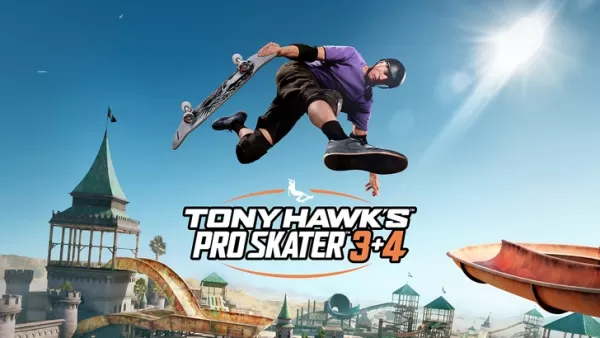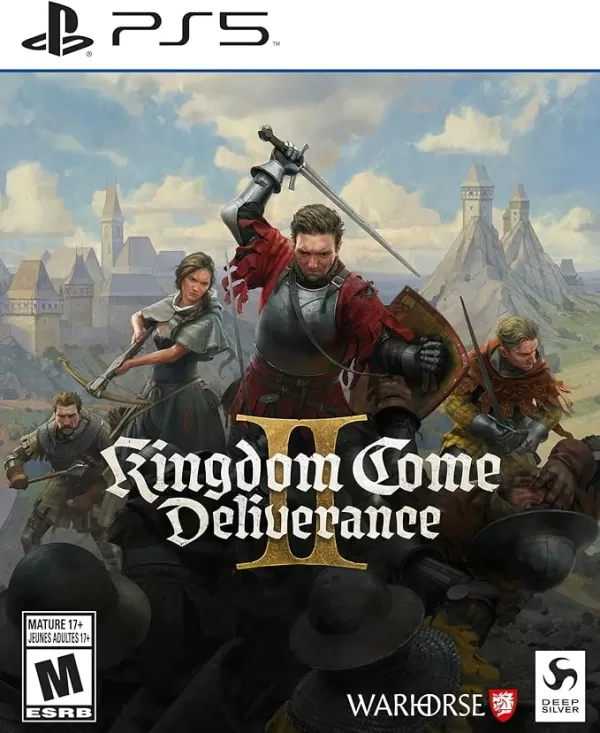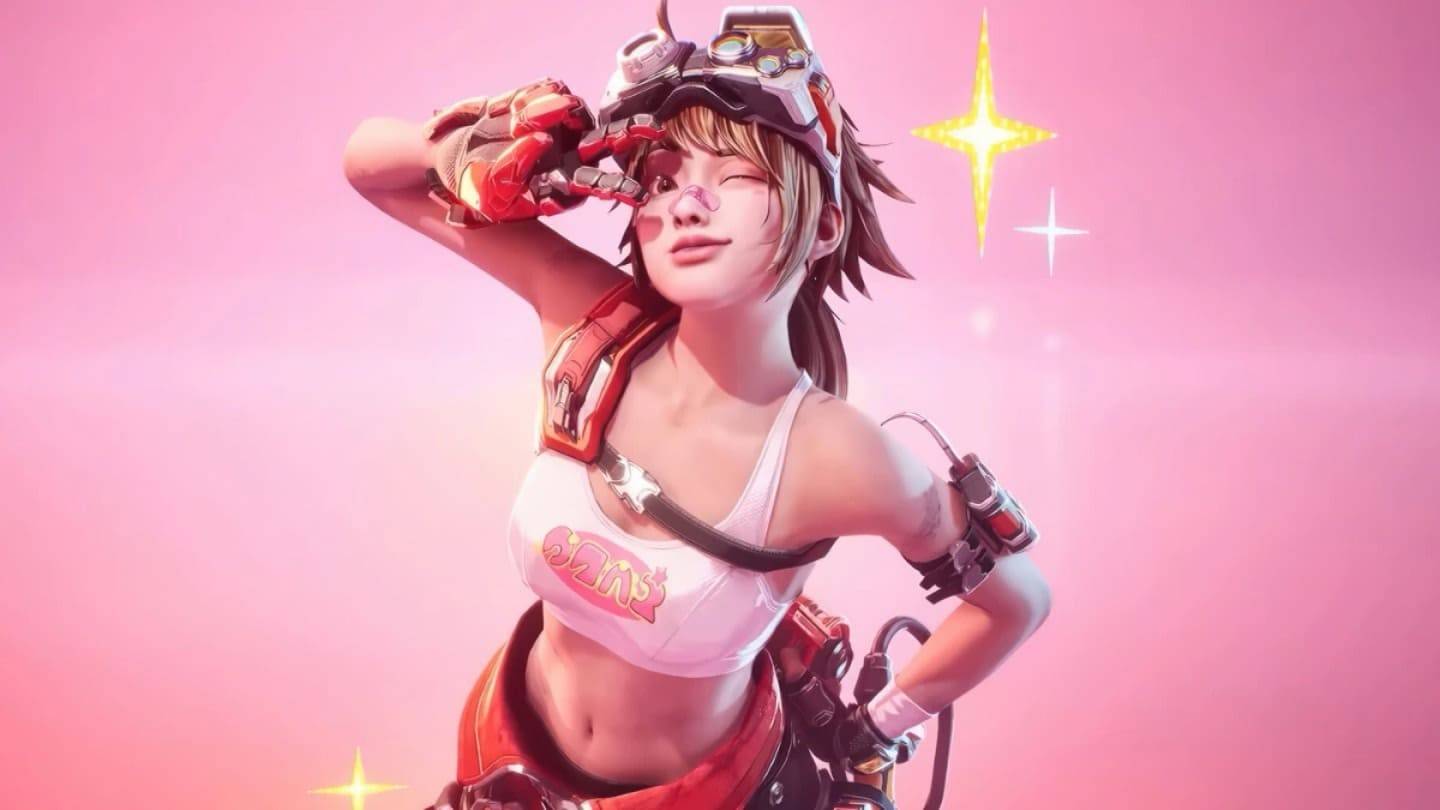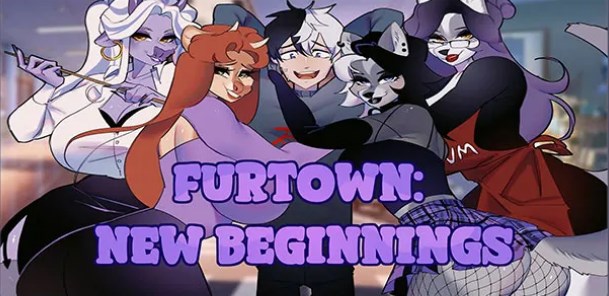Ghost of Yotei: Addressing Repetitiveness in the Ghost of Tsushima Sequel
Sucker Punch Productions aims to refine the open-world formula of its acclaimed 2020 title, Ghost of Tsushima, with its upcoming sequel, Ghost of Yotei. The developer directly acknowledges past criticism regarding repetitive gameplay, promising a more varied experience in the new installment.
Addressing Criticisms of Repetitive Gameplay
The original Ghost of Tsushima, while lauded for its visuals and setting, faced criticism for its repetitive open-world activities. Reviews on Metacritic highlighted the game's similarity to other open-world titles, suggesting a smaller scope or more linear structure might have improved the overall experience. Player feedback echoed these sentiments, pointing to a limited enemy variety and repetitive gameplay loops.
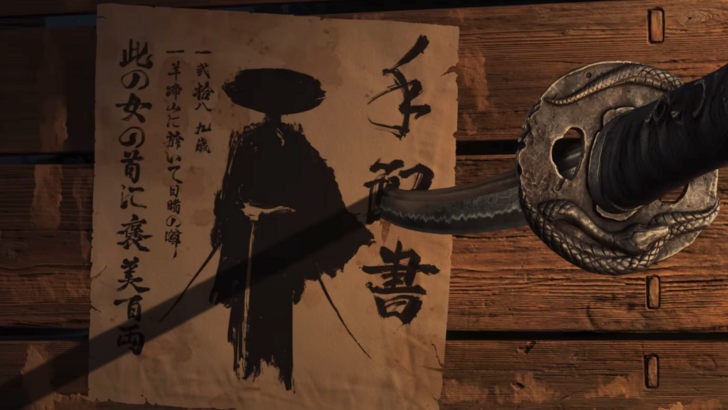
A New Approach to Open-World Design
In an interview with the New York Times, creative director Jason Connell stated that Sucker Punch is actively working to "balance against" the repetitive nature of open-world design. Ghost of Yotei, focusing on a new protagonist, Atsu, will offer "unique experiences" and avoid the pitfalls of its predecessor. A key addition is the introduction of firearms alongside the traditional katana, expanding combat options and player agency.
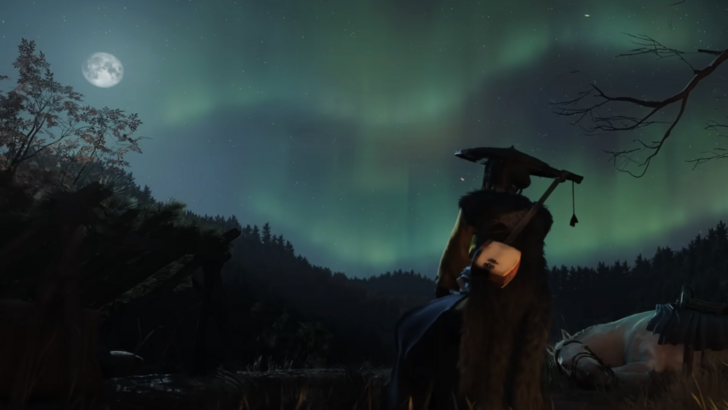
Maintaining the Series' Core Identity
While addressing past shortcomings, Sucker Punch is committed to preserving the series' strengths. Creative director Nate Fox emphasized the importance of capturing the "romance and beauty of feudal Japan," a core element of the Ghost franchise's identity. The sequel promises a more varied and engaging open-world experience while retaining the stunning visuals and cinematic presentation that defined the original.
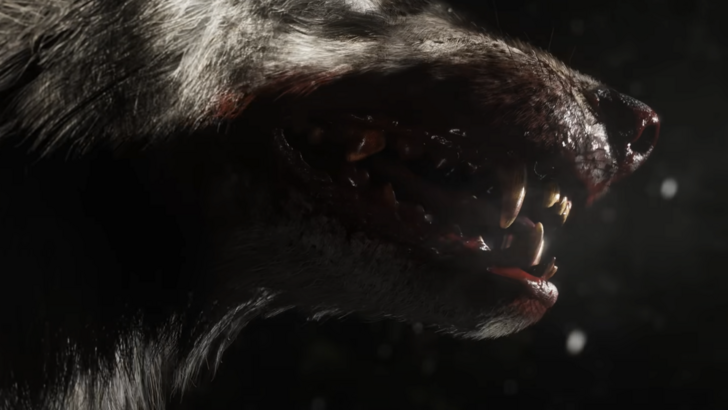
Freedom to Explore, at Your Own Pace
Ghost of Yotei, announced at State of Play in September 2024, is slated for a 2025 release on PS5. Sucker Punch emphasizes player freedom, promising the ability to explore the beauty of Mount Yotei at one's own pace. This suggests a more player-driven approach to progression, potentially mitigating the feeling of repetitive tasks.
The sequel's focus on addressing past criticisms, combined with the promise of a more varied and player-driven experience, suggests a significant evolution for the Ghost of Tsushima franchise.

